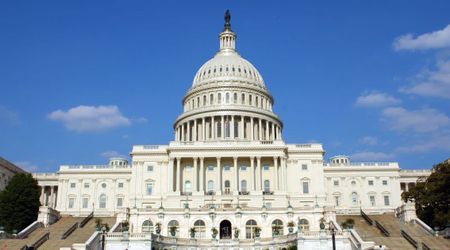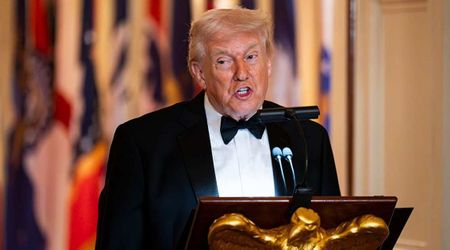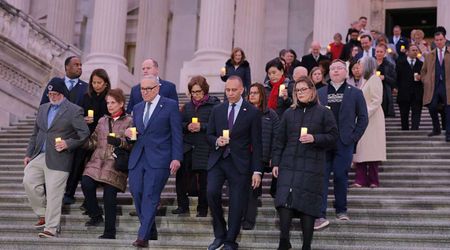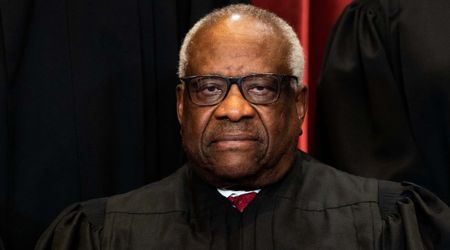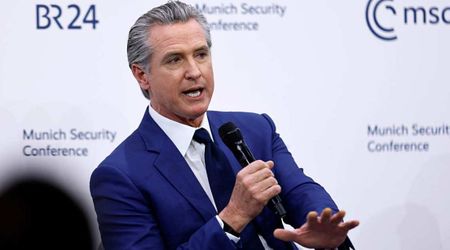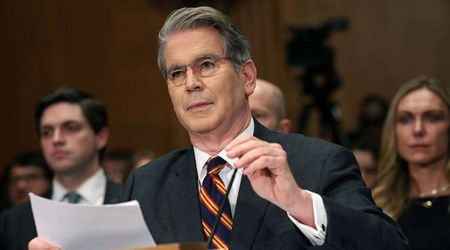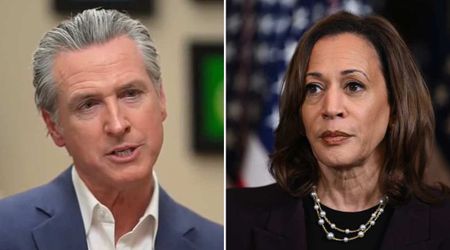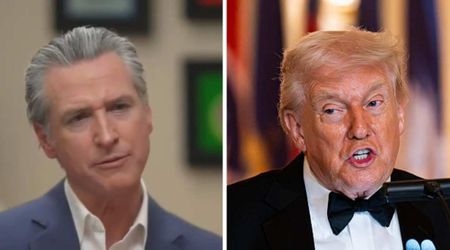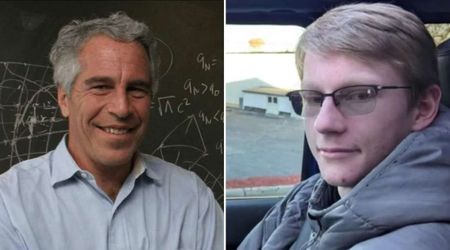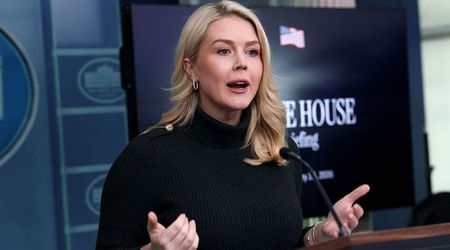8 key takeaways from the first day of Donald Trump's hush money trial
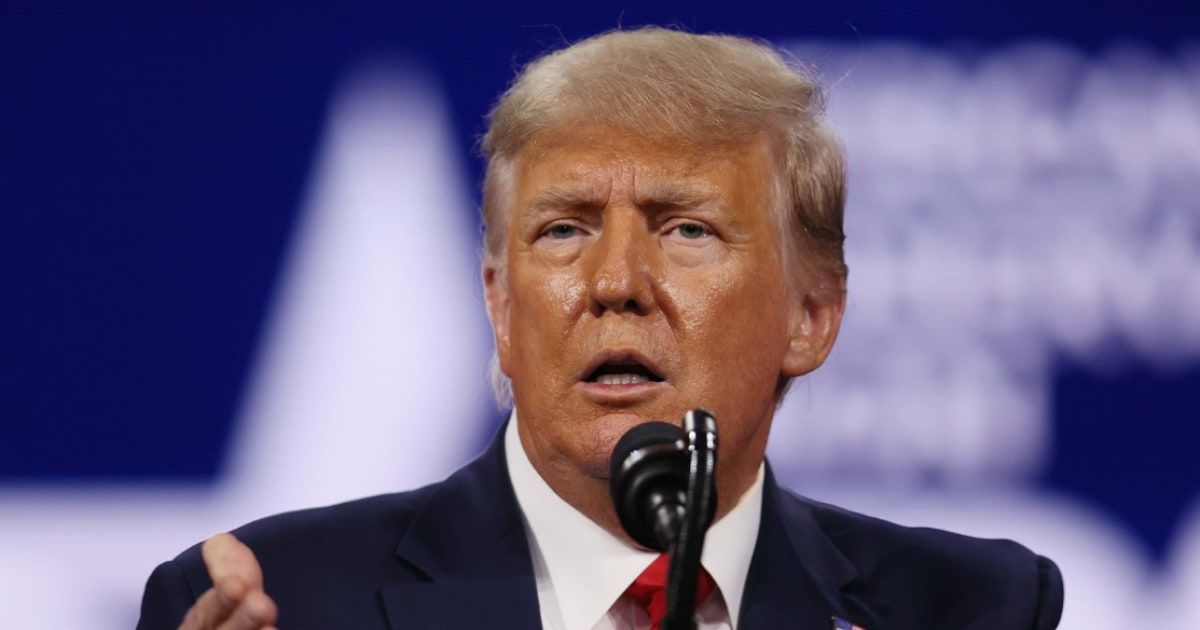
8 takeaways from the first day of Trump's historic hush money trial

The first criminal trial of former President Donald Trump began on Monday, April 15, at the Manhattan Supreme Court. The GOP presumptive nominee's attendance in the New York hush money trial made him the first president, former or current, in the history of the United States to go to a trial. Trump faces a 34-count charge for allegedly falsifying his business records shortly before the 2016 election, which he won, to pay $130,000 hush money to Stormy Daniels to prevent her from speaking about their affair. Here are eight takeaways from the White House hopeful's historic criminal trial.
1. Trump deems trial 'assault on America'

Ahead of the first day of the trial, Trump spoke to reporters outside the courtroom, reiterating his claims of the prosecution being politically motivated, calling it an "assault on America." The 77-year-old ex-president, who has pleaded not guilty to the charges, said, "It's a country that's failing, it's a country that's run by an incompetent man and is very much involved in this case," Trump said. "This is really an attack on a political opponent. That is all it is, so I'm very honored to be here." He further accused Justice Juan Merchan, who is overseeing the case, the prosecutors, and Manhattan DA Alvin Bragg of being partisan.
2. Court fails to select any impartial jurors

Jury selection was the priority on the first day of the trial; however, the court failed to find any impartial ones, indicating that the procedure would be more complicated than expected. In the first pool, Judge Merchan brought 96 jurors from New York City, but more than 50 were immediately dismissed, citing the possibility of being unfair. The prosecution should select 12 jurors and six alternatives to decide whether the ex-president was guilty of the charges of paying hush money to Daniels. The judge asked the potential jurors 40 questions about their background, their media consumption habits, and whether they had strong sentiments toward Trump. The former president has often argued that he would not get a fair jury in Manhattan.
3. Access Hollywood tape cannot be played

Merchan rejected the prosecution's request to play an Access Hollywood tape recording in the court, citing it as prejudicial. In the tape publicly released in October 2016, Trump boasted about grabbing women by their genitalia. The judge also barred prosecutors from bringing any other sexual assault allegations against the defendant that were made after the tape's release.
4. DA's office demanded Trump be fined for violating gag order

The Manhattan DA's office sought to penalize Trump for violating the gag order by making public remarks about possible witnesses, including his former attorney Michael Cohen. Executive Assistant District Attorney Chris Conroy asked the court to sanction the defendant with $1000 each for three individual social media posts he made after the gag order, according to CNN. In one post, Trump called potential witness Cohen a "SleazeBag former attorney," while in another one, he shared a 2018 letter from Daniels' rejecting her affair with the ex-president. The third was a repost from the adult film actress' ex-attorney, Michael Avenatti, accusing Daniels and Cohen of earning money from "bogus documentaries" and TV interviews.
5. Trump's unusual request to take part in sidebars

Trump's lawyers made a rare request on the first day that the former president wanted to take part in jury selection by being in the sidebars, according to CNN's Sara Scannell. Defendants getting involved with judges in sidebars is an uncommon practice during jury selection. "I have covered about two dozen trials, and I can't remember one time the defendant opted to go up to the bench as the judge and the attorneys are asking questions of the potential juror," Scannell said on CNN during the court break. "So, this is really remarkable to me that he is choosing to do that, and he will be eye-to-eye with these potential jurors in close proximity as they answer questions."
6. Judge will not recuse himself from case

Judge Merchan doubled down on his decision not to recuse himself from the trial when Trump's defense made a request at the beginning of the court proceedings. The defendant's team accused the judge of having a conflict of interest, citing his daughter was a consultant for Democrats. Merchan said the defense's request was based on "a series of references, innuendos, and unsupported speculation." Trump has often alleged the judge was corrupt.
7. Defense wants to slow down legal proceedings
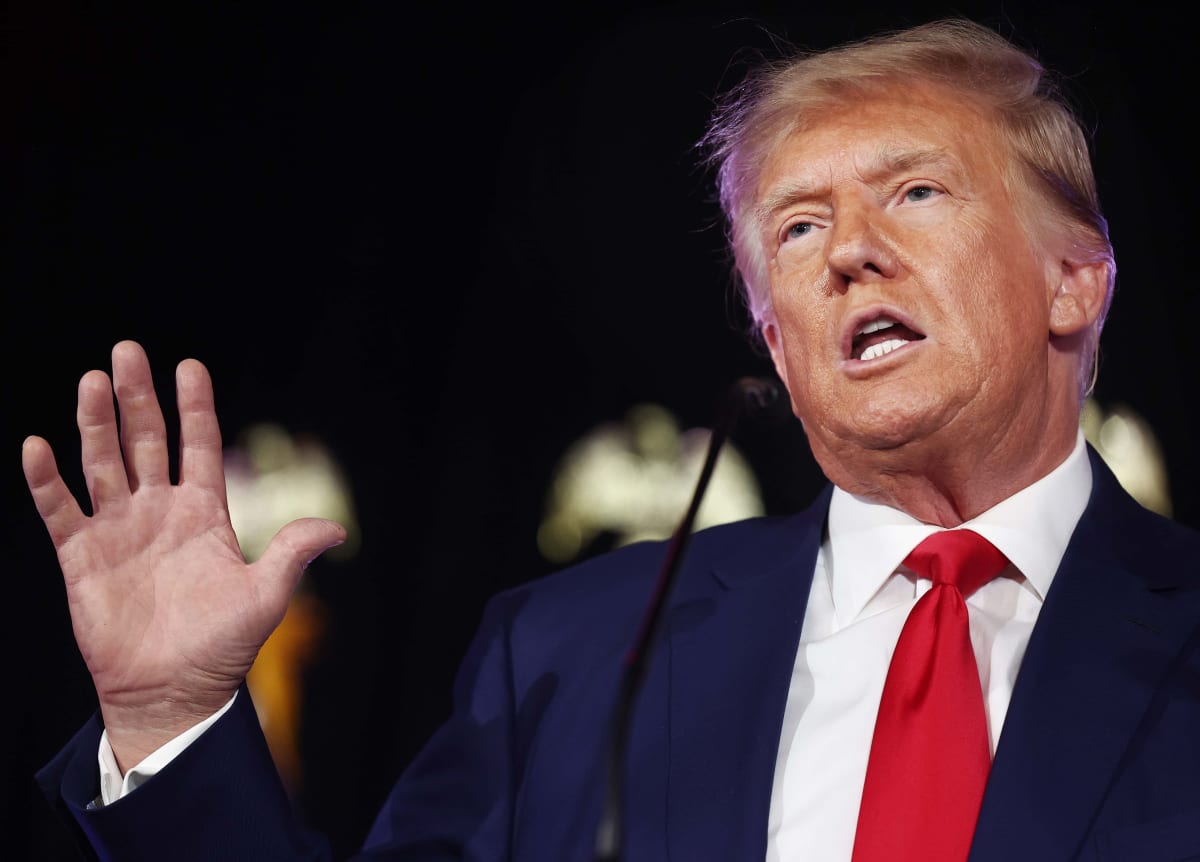
Trump team's legal strategy would focus on slowing down the court proceedings ahead of the nearing presidential election in November. On the first day, defense attorney Todd Blanche asked for additional time to question potential jurors. The new request for 30 minutes in the first round and 20 minutes in the following rounds is double the standard time. However, the judge and the DA's office agreed to it. Furthermore, the attorney also raised concerns about the current system of issuing a premotion letter two days before filing the motion. All the tactics are part of the former president's legal strategy, which he previously used to delay the start of the trial.
8. Trump Media stocks drop

The criminal trial adversely impacted Trump's media stocks, which plunged by 15 percent on April 15. The Trump Media & Technology Group, the parent company of Truth Social, was at a loss, with the shares tumbling to 60 percent since it went public on March 26. When the trial started, the shares stood at $27.56, which is much lower than the $70.90 rate it had in late March.

